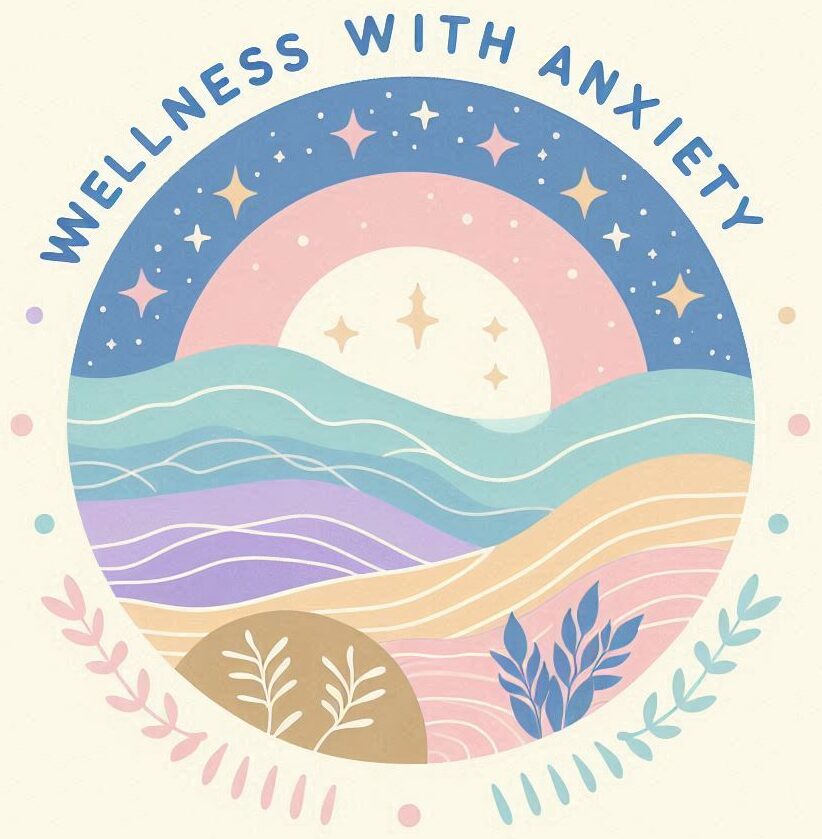 Anxiety isn’t just about feeling occasionally stressed. Picture a constant hum of worry that disrupts your day-to-day life. It’s like a pesky mosquito buzzing around your head that just won’t leave you alone. Now, let’s get into the stuff in your life that might be causing this annoying buzz.
Anxiety isn’t just about feeling occasionally stressed. Picture a constant hum of worry that disrupts your day-to-day life. It’s like a pesky mosquito buzzing around your head that just won’t leave you alone. Now, let’s get into the stuff in your life that might be causing this annoying buzz.
Diet
Diet plays a huge role. Relying on caffeine or refined sugars for energy? That’s a quick way to feel jittery and, yep, more anxious.
Sleep
Then there’s the sleep deprivation factor. Running on little sleep not only makes you grumpy but also winds up anxiety like an alarm ready to go off.
Stress
Work and personal stress are another biggie. Living life in the fast lane, always on call, or dealing with unrealistic expectations can shoot anxiety levels through the roof.
Social Media & Mobile Technology
And let’s not forget how our plugged-in, always-connected lifestyles contribute to constant pressure. From notifications to social media comparisons, it’s a lot for the mind to juggle, often leaving anxiety to creep in.
So, what does all this mean?
Recognizing these triggers is the first step in taming that anxious beast. It’s about understanding how your everyday choices might be turning up the volume on your anxiety. With this in mind, you’re setting the groundwork to change what’s needed.
Natural Methods to Alleviate Anxiety
 One of the coolest things about dealing with anxiety is realizing that nature’s got your back.
One of the coolest things about dealing with anxiety is realizing that nature’s got your back.
Meditation & Mindfulness
Mindfulness and meditation aren’t just buzzwords—they’re solid strategies that have helped loads of people slow down the mental merry-go-round. It’s about tuning into the present moment, noticing your breath, and allowing yourself to just ‘be’ without judgment.
Physical Activity
Exercise isn’t just for getting fit; it releases feel-good chemicals in your brain. Whether it’s a brisk walk, a dance class, or some weekend hiking, getting your body moving can seriously lighten your mental load. Just think about the endorphin rush that comes with a killer jam session or a good run.
Brain Fuel
Now, onto what you’re putting on your plate. We are what we eat, right? Reducing caffeine and sugar can play a big role in calming those anxiety jitters. Opting for foods rich in omega-3 fatty acids, like fish or walnuts, can give your brain the nutrients it needs to stay calm. And, let’s not forget about the calming properties of herbal teas—chamomile and peppermint are long-standing favorites.
These natural methods aren’t just lifestyle changes; they’re ways to nurture yourself holistically. By actively engaging in these practices, you create a space to let anxiety take a back seat. It’s all about finding what works for you and making it a part of your daily groove.
The #1 Worst Habit for Anxiety: Overthinking
 Overthinking might seem harmless, but it’s the ultimate anxiety amplifying activity. It’s like being caught in a mental loop, rehashing the same ideas or worries over and over. This habit keeps you tethered to anxiety, making it hard to break free.
Overthinking might seem harmless, but it’s the ultimate anxiety amplifying activity. It’s like being caught in a mental loop, rehashing the same ideas or worries over and over. This habit keeps you tethered to anxiety, making it hard to break free.
So, why is overthinking so harmful?
It tricks your brain into believing situations are far worse than they actually are, leading you to imagine scenarios that might not even happen. It’s exhausting and can be paralyzing, preventing you from taking action in real life.
Spiraling Thoughts
The key to snapping out of this endless loop is awareness. Recognize when your thoughts start spiraling and gently guide yourself back to reality. Techniques like cognitive behavioral therapy (CBT) can be super effective—they teach you to challenge irrational thoughts and replace them with more balanced viewpoints.
Worry Window
Another trick is setting a ‘worry window.’ Allocate a short period each day to acknowledge your concerns, jot them down, and then consciously shift focus. Over time, this helps train your mind to process worries more effectively, reducing overall anxiety levels.
Self-Compassion > Perfectionism
Learning to let go of perfectionism and practicing self-compassion can also help curb overthinking. Appreciate where you are and understand that it’s okay not to have everything figured out immediately. Progress comes with time, and every step counts.
Building a Lifestyle Conducive to Mental Wellness
 Set a Routine
Set a Routine
Getting the hang of routines can turn the tide against anxiety. A set routine provides a sense of stability, helping the brain to know what’s coming and reducing the potential stress of unpredictability. Whether it’s a morning ritual, bedtime routine, or even a dedicated slot for meals, consistency is your friend.
Get Some Rest
Don’t underestimate the power of a good night’s sleep. Lack of rest is like letting your phone battery run into the red zone. Try to create a restful environment that signals your brain it’s time to unwind—think dim lights, comfy bedding, and ditching screens well before lights out.
Have a Support System
Having buddies you can lean on makes a world of difference. Spending time with friends, sharing a laugh, or simply having someone who listens is vital. Community support can act as a buffer against stress, reminding you you’re not alone and that you have a tribe to lean on when times get tough.
Find a Hobby
Exploring hobbies that spark joy can shift your focus away from negative thoughts. Whether it’s painting, playing an instrument, or even cooking up a storm, these activities serve as mental breaks, offering a chance to unplug and reset. Making time for what you love energizes you and reduces anxiety.
Practicing Self-Care
Self-care isn’t just about bubble baths—it’s about listening to your needs and responding to them. It means taking breaks when you’re overwhelmed, saying no when you must, and treating yourself with kindness and patience. Cultivating self-care habits builds resilience, equipping you to handle life’s challenges better.
Long-term Lifestyle Adjustments for Sustainable Anxiety Management
 Finding a Balanced Lifestyle
Finding a Balanced Lifestyle
Achieving a balanced lifestyle means juggling work, play, and relaxation effectively. It’s about prioritizing tasks while also carving out time for leisure. Overloading yourself with responsibilities fuels anxiety, so knowing when to pause and recharge is crucial.
Accepting Uncertainty
Mindset shifts can pave the way for lasting anxiety management. Embrace the idea that life doesn’t always follow the script, and that’s okay. Accepting uncertainty and learning to live with it can release the grip anxiety holds.
Managing Triggers
Being aware of triggers and knowing how to address them are key components of long-term management. Mindful awareness lets you intercept anxiety before it gains momentum. This means acknowledging stressors and proactively managing your reaction to them.
Seeking Professional Support
Sometimes, professional help is a game changer. Therapists or counselors offer tools and techniques tailored to your needs, helping you navigate anxiety with expert support. They provide a non-judgmental space to express concerns and explore solutions.
Remember, managing anxiety is an ongoing journey. There will be good days and challenging ones—but every step you take is progress. Keep building on what works for you, and don’t hesitate to seek help when needed. You’re not alone in this, and there’s strength in reaching out.
